Cardiology in Thane
Expert Care for Heart Conditions and Arrhythmias : Cardiology at Jupiter Hospital
Welcome to our Cardiology Hospital in Thane, where we provide comprehensive care for your heart. Our expert team offers a wide range of cardiology treatments and services under one roof, ensuring that your heart health is in the best hands
Non-Interventional Cardiology
In our Non-Interventional Cardiology department, we conduct different tests to assess your heart's condition. Our routine tests include ECG, Echo, TMT, and Holter monitoring. For a more in-depth evaluation, Jupiter Hospital’s cardiology treatment in Thane offers special tests such as Contrast Stress Echocardiography, Dobutamine Stress Echocardiography, Trans-Esophageal Echocardiography, Bubble Echo Study, C-PET, Cardiac MRI and Myocardial Viability by Echo Study.
Interventional Cardiology
In our Interventional Cardiology section, we follow a systematic protocols and international guidelines for treating patients withheart disease. This involves procedures such as Angioplasty, Bypass Surgery, Structural Heart Disease treatment. During Angioplasty, we use advanced devices like the OCT / IVUS, Lithotripsy if needed and also use ROTATIONAL ATHERECTOMY Device and conduct FFR (Fractional Flow Reserve) Studies for a thorough assessment if required.
For Bypass Surgery, we have a dedicated 24x7 team of cardiac surgeons, cardiac anesthetists, and well-equipped operation theaters. Our team at the heart treatment hospital in Thane also performs various valve replacements as needed.
Heart Team Approach
Our heart treatment hospital in Thane comprises experts from various fields, including cardiac surgeons, cardiologists, Cardiac Rehabilitation Specialist, cardiac anesthesiologists, Arrhythmia Specialist, intensivists, and intensive care specialists. We follow a 'Heart Team' approach, working collaboration to ensure the best possible outcomes for our patients. Our expertise in Interventional Cardiology covers a wide range of procedures, including Primary Angioplasty in Myocardial Infarction (PAMI), Coronary Bypass Surgery, Total Arterial Grafting, Complex Congenital Cardiac Surgery, and Surgery for Aneurysms, ECMO, Ventricular assist devices, among others.
Specialized Care for Congenital Heart Disease
In addition to adult cardiology, we have a dedicated team for congenital heart disease treatment. This specialized team includes skilled Paediatric Cardiac Interventionist, Paediatric Cardiac Anesthetists and pediatricians for interventions such as ASD (Atrial Septal Defect) and VSD (Ventricular Septal Defect) Device closure, Paediatric Cardiac Cath studies, BAV, BPV, SVC, IVC stenting, AP window, RSOV closure as well as PDA (Patent DuctusArteriosus) Closure. For congenital heart disease surgery, we have highly skilled pediatric heart surgeons with extensive experience.
Wide Range of Procedures
Our cardiology hospital in Thane offers a wide range of procedures, including coronary angioplasty, interventions for treating congenital anomalies, and electrophysiology studies. We aim to provide comprehensive solutions for all cardiac conditions.
Our Facilities
Cardiac Cath Lab : Equipped withinnovative technology for cardiac procedures.
Comprehensive Non-Invasive Cardiology : Our non-invasive cardiology department ensures thorough cardiac evaluations.
EP and Arrhythmia Clinic : Specialized care for heart rhythm disorders.
Heart Failure Clinic : Dedicated to providing care and support for heart failure patients.
When it comes to your heart, trust our cardiology hospital in Thane for the most advanced and comprehensive cardiac care available. Your heart health is our top priority.
Team
Looking for the Cardiology in Thane
Interventional Cardiology
Our experts at the cardiology hospital in Thane specialize in complex angioplasties, including PAMI (Primary Angioplasty in Acute Myocardial Infarction). We offer life-saving devices such as pacemakers and AICDs (Automatic Implantable Cardioverter-Defibrillators), as well as procedures to address congenital anomalies and peripheral interventions like aneurysm coiling and embolization.
Non-Invasive Cardiology
Our non-invasive cardiology services include in-depth cardiac imaging through Echocardiograms. We conduct stress tests, including TMT (Treadmill Test), CSE (Contrast Stress Echocardiography), and DBE (Dobutamine Stress Echocardiography), for a comprehensive evaluation. Continuous monitoring is available with Holter and ABP (Ambulatory Blood Pressure) monitoring. We also provide advanced imaging with Transesophageal Echocardiography (TEE) and perform Bubble Echo studies, covering procedures like CABG (Coronary Artery Bypass Grafting), Valve replacement, Aortic Surgery, and Aneurysm Surgery.
Cardiothoracic and Vascular Surgery
Our highly skilled surgical team specializes in cardiothoracic and vascular surgery, offering comprehensive solutions.
Arrhythmia Services
We provide specialized care for heart rhythm disorders, ensuring your heart maintains a harmonious rhythm.
Heart Failure Clinic
Our Heart Failure Clinic offers dedicated support and care for patients affected by heart failure, promoting a better quality of life.
24/7 Emergency Care
In critical heart emergencies, our heart treatment hospital in Thane delivers 24/7 multidisciplinary, comprehensive care. We house an Intensive Cardiac Care Unit equipped with advanced monitoring technology and a certified staff ready to provide immediate, life-saving services.
Our Heart Centre at Jupiter Hospital provides comprehensive care for heart diseases, including advanced therapies like Cardiac Resynchronization Therapy (CRT). Our experienced cardiologists and cardiovascular surgeons excel in diagnosing and treating heart rhythm disorders. We have successfully implanted numerous implantable devices to enhance our patients' quality of life while addressing their heart concerns.
Understanding CRT - Cardiac Resynchronization Therapy
CRT, also known as biventricular pacing, employs a specialized device, the biventricular pacemaker, to send controlled electrical impulses to the ventricles via leads. This synchronization helps the right and left ventricles work together, maintaining AV synchrony. CRT aims to restore normal ventricular contractions, thereby enhancing heart rhythm and alleviating symptoms associated with arrhythmia and heart failure.
The Function of a Biventricular Pacemaker
The pacemaker is implanted just below the collarbone, with three wires connected to a monitor. These wires detect irregular heart rhythms and emit tiny electrical pulses to correct them, ensuring the heart beats in sync.
Diagnostic Procedure
Before implanting a biventricular pacemaker, our physicians conduct various diagnostic tests, including Electrocardiogram (ECG), Holter monitoring, Echocardiogram, and stress tests, along with special echo procedures.
Benefits of CRT
CRT significantly enhances the heart's efficiency, increasing blood flow, and alleviating symptoms of heart failure. Patients experience improved quality of life with reduced hospitalization and morbidity.
Positive Outcomes
A biventricular pacemaker effectively alleviates symptoms associated with heart failure and slow heartbeats, leading to a better quality of life for our patients.
Understanding ICD - Implantable Cardioverter Defibrillator
At our heart treatment hospital in Thane , our dedicated team of cardiologists and cardiac surgeons specializes in providing patient-centric care to individuals experiencing Ventricular Tachycardia, characterized by fast or chaotic heart rhythms. We employ innovative facilities and treatments to diagnose, manage, and prevent disorders related to abnormal heart rhythms.
How ICD Works
ICD, a device about the size of a business card, is used to aid those with dangerously abnormal heart rhythms. It continuously monitors the patient's heartbeat and automatically delivers electric shocks or pulses when detecting irregular heart rhythms. ICDs are beneficial for individuals who have experienced ventricular tachycardia, survived cardiac arrest, or suffer from conditions like coronary artery disease, abnormal heart muscles, inherited heart defects, Brugada syndrome, and arrhythmogenic right ventricular dysplasia.
The Procedure
ICD is surgically implanted below the left collarbone, in a pocket under the skin. One or two insulated wires connected to the ICD run into the heart chamber via veins, constantly monitoring for irregular heart rhythms. The device promptly corrects abnormal heartbeats by delivering automatic electric shocks or pulses.
Diagnostic Tests
Prior to ICD implantation, diagnostic tests are conducted to identify the cause of irregular heart rhythms. These tests may include Electrocardiography (ECG), Echocardiography, Holter monitoring, Event recorder, and Electrophysiology study (EPS).
Benefits of ICD
ICDs continuously monitor heartbeats and intervene by delivering electric pulses to restore a regular heart rhythm when abnormal heartbeats occur. This treatment modality is crucial for those who have survived cardiac arrest and is increasingly used for individuals at high risk of sudden cardiac arrest. ICDs significantly lower the risk of sudden cardiac arrest (SCA) and offer the best protection available after massive heart attack in HCM / Low EF cases.
Before proceeding with the implant, a thorough medical evaluation will be conducted by a doctor to assess the patient's current health. This diagnostic process includes a comprehensive assessment, often referred to as the "Prep Work-Up," specifically designed to evaluate the patient's suitability for the procedure.
| Sr. No. | OPD Investigations |
|---|---|
| 1 | Cardiology Consultation |
| 2 | BMI ≤ 35 / ≥ 20 |
| 3 | 2D Echo |
| 4 | X-ray Chest |
| 5 | CPET and VO2 Max |
| 6 | CBC |
| 7 | RFT |
| 8 | LFT |
| 9 | Blood Group |
| 10 | Triple H |
| 11 | Thyroid Profile |
| 12 | Lipid Profile |
| 13 | HbA1C |
| 14 | ECG |
Cardiology Treatments
Patients Speak
Hear the heartwarming stories of patients overcoming difficult afflictions


















 View Map
View Map

 Book an Appointment
Book an Appointment Find a Doctor
Find a Doctor Health Check-up
Health Check-up



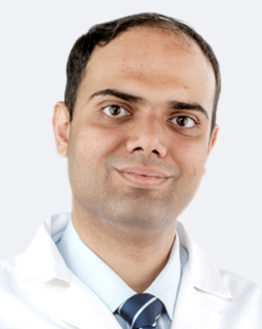

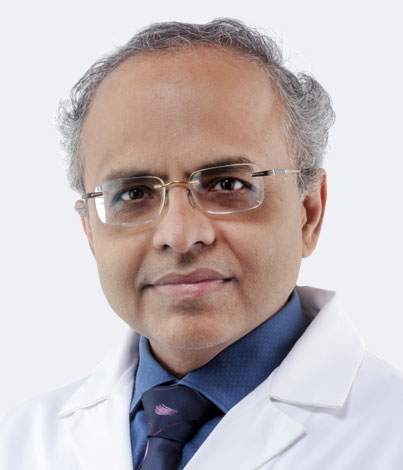
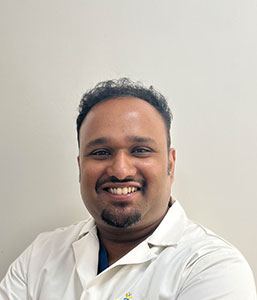
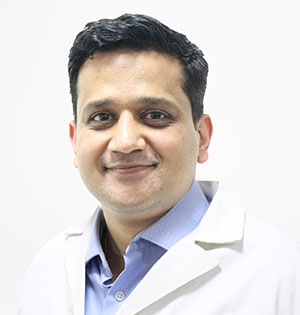

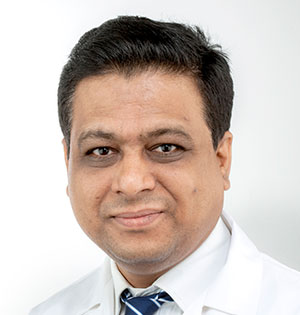

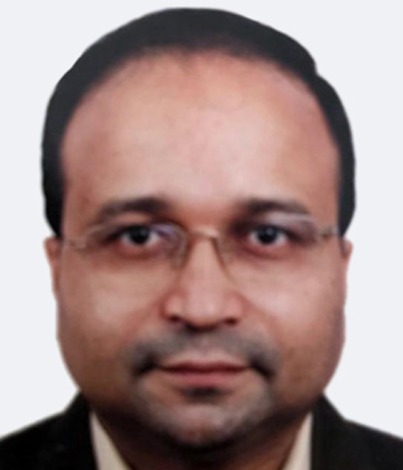

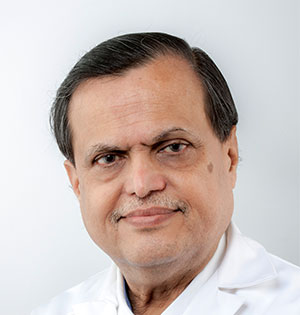
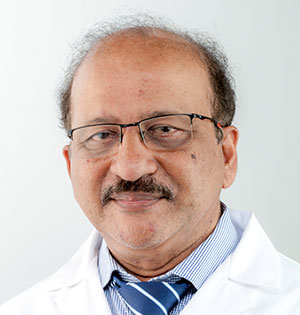
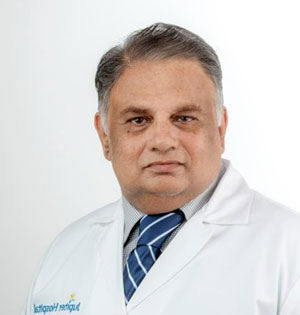
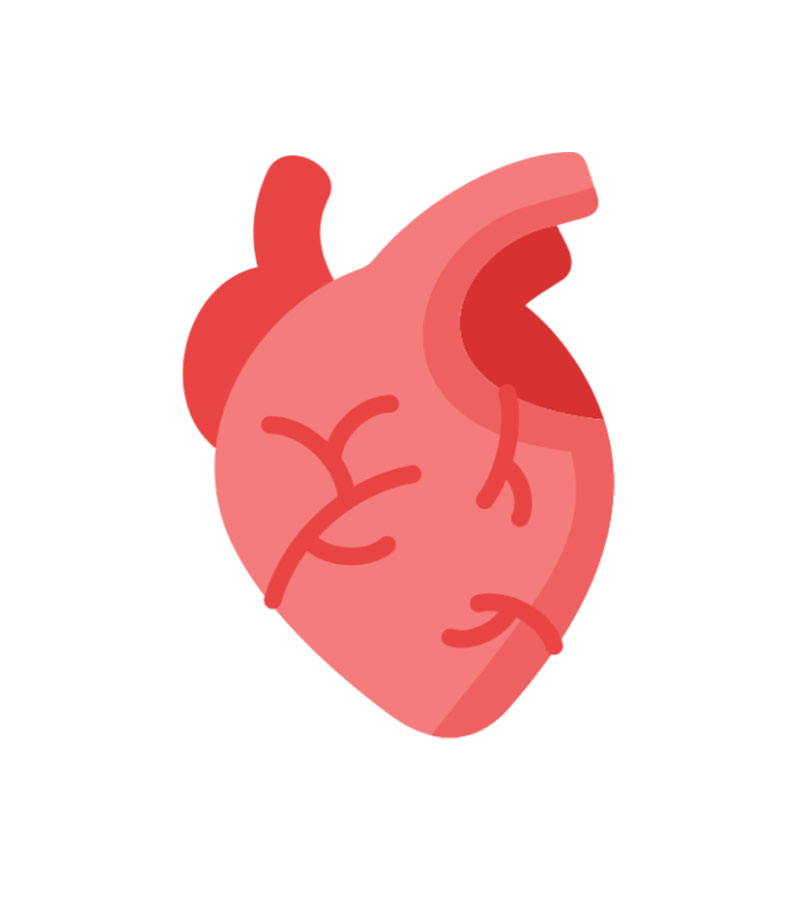

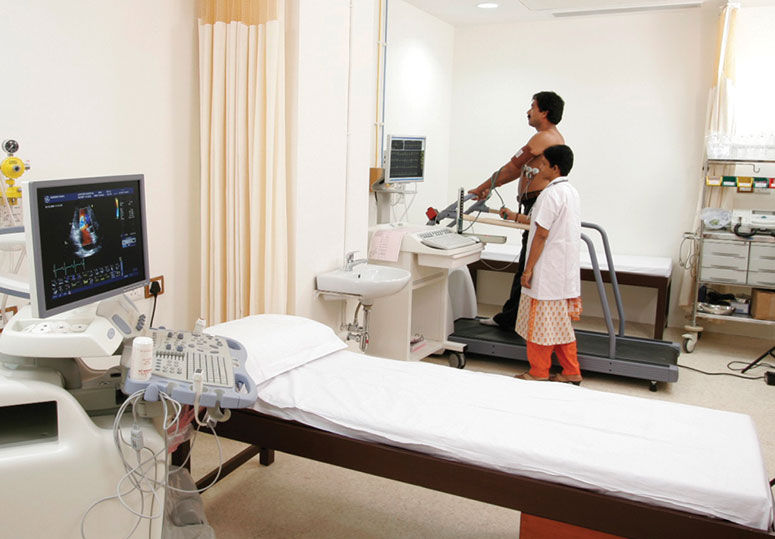


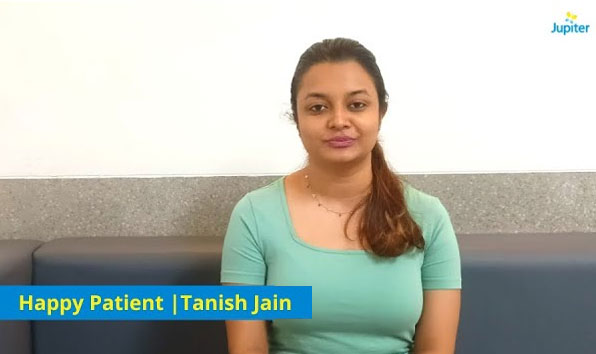







 Find a Doctor
Find a Doctor Health Checkup
Health Checkup Book an Appointment
Book an Appointment